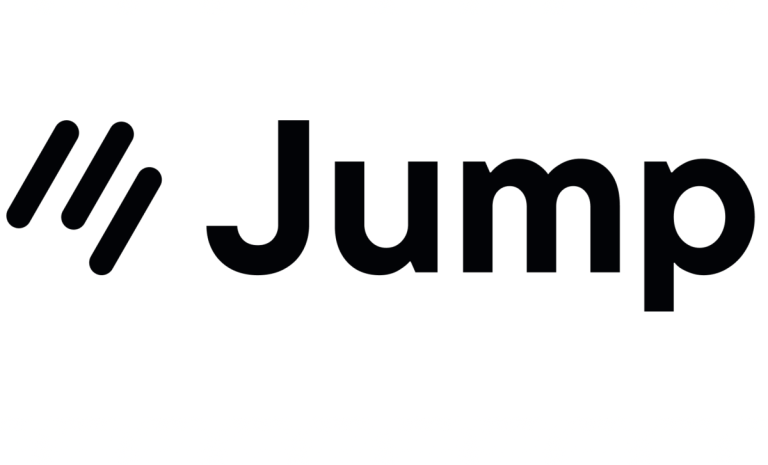Jump Raises $20 Million for AI-Powered Financial Advice Tools

Jump, which provides artificial intelligence tools to financial advisors, raised $20 million in new funding.
“This investment underscores the rapidly growing demand for advisor-specific AI tools that streamline administrative tasks and empower financial professionals to elevate the advisor and client experience,” the company said in a Monday (Feb. 3) news release.
Jump’s AI assistant integrates into advisors’ workflows, automating tasks like meeting preparation, notetaking, compliance documentation, customer relationship management updates, overseeing financial planning data and client follow-ups, according to the release.
The company’s technology also integrates with existing advisor tools, such as Zoom, Teams, Salesforce, Wealthbox and Redtail, the release said
Jump will use the new funding to accelerate product innovation, “building out an ever-growing suite of advisor specific AI workflows and agentic AI work outputs,” per the release. In addition, the company will expand sales and support to meet market demand.
AI is emerging as a force within business process automation. Companies are embracing AI to automate repetitive tasks as well as more complex processes such as compliance monitoring, fraud detection and supply chain optimization, using tactics like combining robotic process automation (RPA) with AI to streamline workflows.
“The back office has long been overlooked in conversations about innovation, but its transformation is no longer optional,” PayTechFocus wrote in January. “With rising uncertainty, regulatory complexities and competitive pressures, companies are seeking ways to streamline operations, improve decision-making and unlock efficiencies.”
For decades, the finance function has served as the company’s operational backbone, but not without challenges. Manual data entry, reconciliation and reporting make up the bulk of workloads, with employees often taking hours to navigate disjointed systems.
These inefficiencies are worse for small- to medium-sized businesses (SMBs), which often don’t have the resources for large-scale finance teams or advanced tools.
“AI offers a compelling solution by automating repetitive tasks, enhancing accuracy and delivering real-time insights,” PayTechFocus wrote. “While automation tools have existed for years, the addition of AI transforms them into dynamic systems capable of learning, adapting and uncovering patterns that humans might miss.”
For all PayTechFocus AI and B2B coverage, subscribe to the daily AI and B2B Newsletters.


